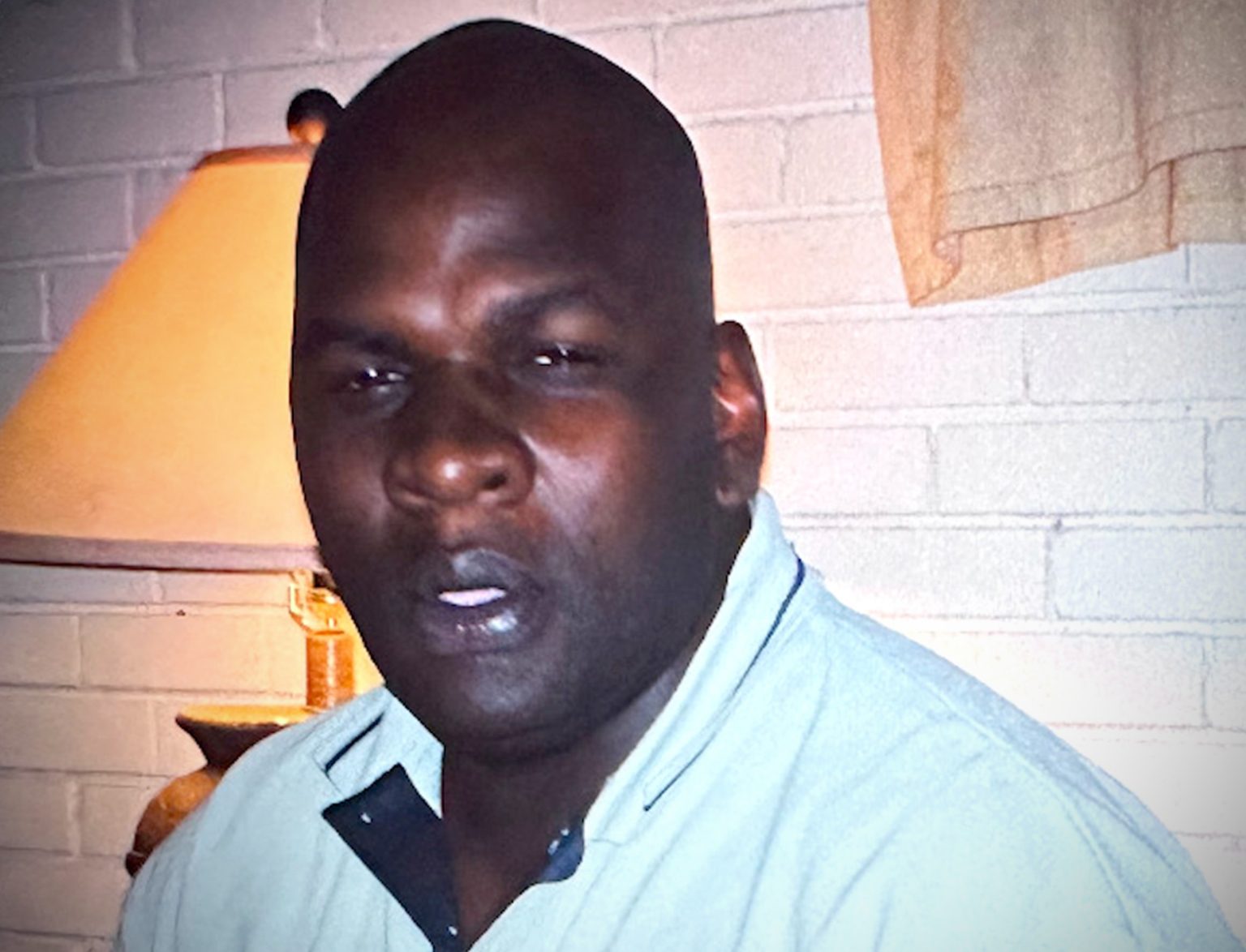Larry Eugene Price, Jr. died from dehydration and starvation in an Arkansas jail after being in solitary confinement for a year. The circumstances of his death were exposed by Newsweek, showing that he was emaciated and left to consume his own feces. Price had been incarcerated due to the inability to pay a $100 bail, and his family reached a $6 million settlement with Sebastian County and Turn Key Health Clinics, the company providing medical care at the jail. This settlement, the largest jail death settlement in Arkansas history, was reached without any admission of wrongdoing. The attorney representing Price’s family emphasized that this result should send a message to all jails and prisons in America regarding the consequences of such blatant disregard for human life.
Price, who had a history of schizophrenia and a low IQ, suffered greatly during his time in jail before his death. His treatment was compared to instances of torture seen under the Nazi regime in World War II. He had been unable to be released due to financial reasons, and his family expressed their anger at the lack of initial accountability in his case. Documents revealed persistent overcrowding, understaffing, and a lack of proper mental health monitoring in the jail where Price was detained. The family’s attorney denounced the failure of officials to conduct a meaningful investigation into Price’s death. Turn Key and jail administrators admitted to several shortcomings in their care for Price, including a lack of medical and mental health support and inadequate attention to his refusal to take medication or communicate health concerns.
The investigation into Price’s death revealed a number of alarming shortcomings by the jail and medical providers. Price’s refusal of antipsychotic medication and dramatic weight loss were not taken seriously or communicated effectively to medical staff, leading to a lack of proper care for his condition. The medical director admitted to being aware of Price’s psychiatric issues but took no action to provide better care or transfer him to a more appropriate facility. The family’s efforts to contact Price were hindered by jail regulations, and an official investigation deemed his death as natural without any criminal charges being pursued. The lawsuit filed sought damages for the suffering and death of Price, as well as his family’s grief.
The lack of proper care in Price’s case led to his tragic death, which has raised concerns about the treatment of inmates in jails and prisons throughout America. Despite the horrific conditions that Price endured, there has been limited outrage and accountability for his death. Calls are being made to address the atrocities committed within the U.S. and to seek justice for individuals like Price who have suffered unnecessarily while incarcerated. Price’s family remembers him as a loving individual who enjoyed dancing and being with family, emphasizing his humanity amidst the neglect and mistreatment he faced in jail.


